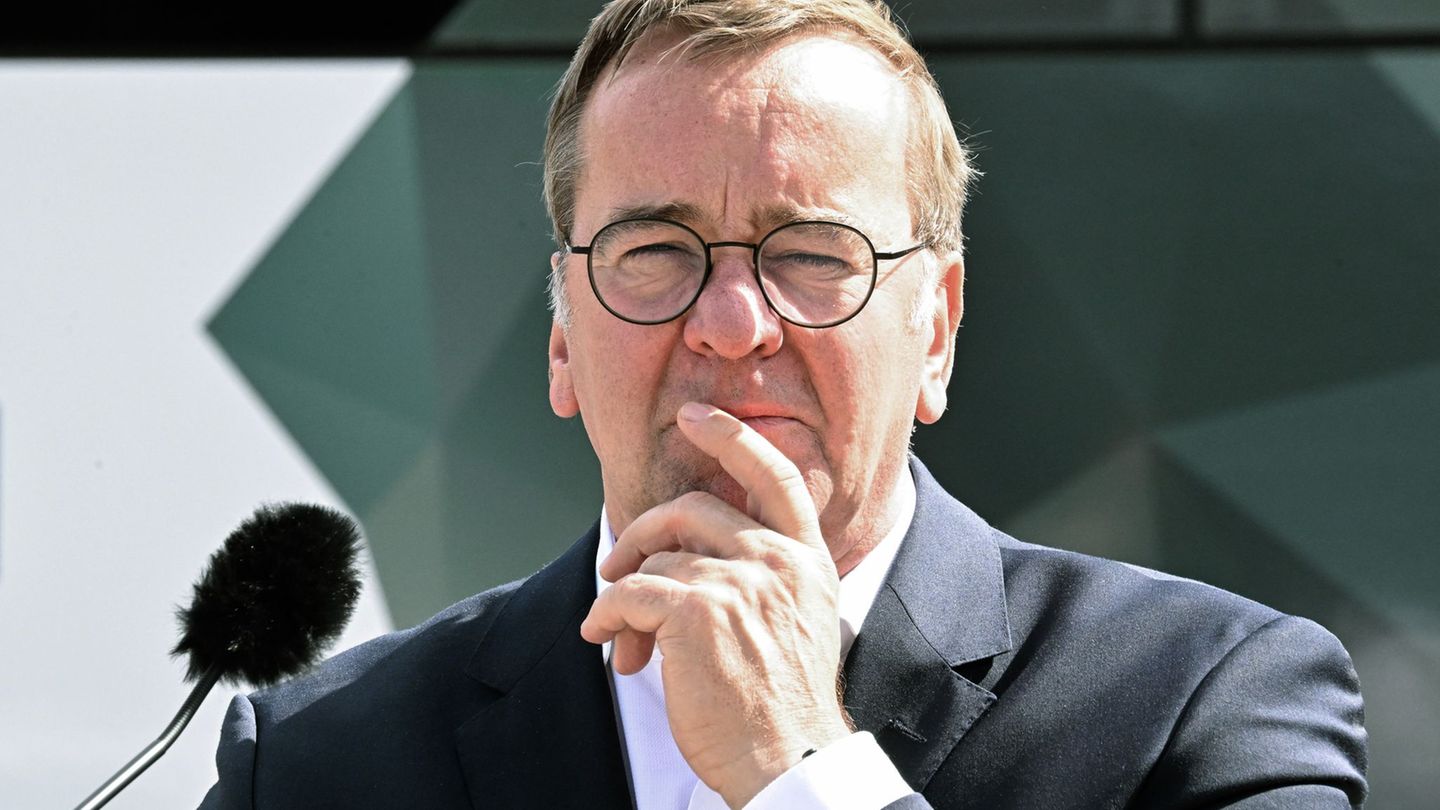Only a good one percent of the 60 million eligible voters in Germany live in Saarland. Nevertheless, the election there is a signal to Berlin. The new chancellor party has passed the first mood test.
The triumphant march of the SPD continued even after the federal elections. With the overwhelming triumph of the top candidate and deputy chairwoman Anke Rehlinger in Saarland, Olaf Scholz’s new chancellor party impressively passed the first mood test after the formation of the government.
The Union, which has had to come to terms with its new opposition role for a little over 100 days, remains on the losing side. Even if only a good one percent of the slightly more than 60 million eligible voters in Germany live in Saarland, the election result is a signal for the federal government.
Klingbeil: “Sensational victory”
SPD leader Lars Klingbeil said in a first reaction that it was primarily a “sensational victory” associated with the name Rehlinger. But he also emphasized that the result had an impact beyond the small Saarland. It shows: “The comeback of the SPD, which we experienced in the federal election, is not unique.”
Scholz and his traffic light government dropped in the polls after the federal election. Since the start of the Ukraine war, things have been going up again, at least for the SPD and the Greens. In times of crisis, governing parties find it easier and easier to score points. Chancellor Scholz’s about-face in foreign and security policy is well received. And the relief package decided shortly before the election to compensate for the high energy prices could also have paid into the account of the SPD.
Federal CDU has priced in loss of power
No sign of an election party at the CDU headquarters – apart from party leader Andreas Jung and general secretary Mario Czaja, no one from the federal leadership of the Christian Democrats came to the Konrad-Adenauer-Haus in Berlin. Supporters are not even invited, this is justified by the high corona numbers. The usual equipment with huge video screens does not exist either. Dead silence reigns in the foyer, not even the only television is turned up. There hasn’t been anything like that in the CDU for a long time, if at all.
For weeks they had priced in the CDU leadership the loss of power in the Saar after 23 years of Union government. CDU Prime Minister Tobias Hans had performance problems and was unable to mobilize the supporters, it was said behind closed doors. On election night, Czaja says: “It is important that we make it clear what we stand for. That didn’t work out that way in Saarland. And here in Berlin we do that.” He currently does not see any effects on the upcoming elections in Schleswig-Holstein and North Rhine-Westphalia in May.
Union protects Merz
The Union is now about keeping the shame of the crash away from the new CDU leader and opposition leader Friedrich Merz. A defeat would not shake the CDU in the federal government, it said before the election. Merz has only been in office since January. But the truth also includes: Merz and other CDU federal people in Saarland have not really worked hard. Merz will have to explain himself this Monday: the usual joint appearance of the party leader with the top candidate is planned for the early afternoon. Then it will be seen whether what Czaja says in the evening is true: “We win together and we lose together.”
SPD again occupies every second prime minister post
With Rehlinger, the SPD will again have more prime ministers nationwide than the Union, namely eight. Four of them are women. So far it was seven to seven between the CDU/CSU and SPD. There are also Winfried Kretschmann from the Greens in Baden-Württemberg and Bodo Ramelow from the Left in Thuringia.
No major impact on the Federal Council
The new balance of power will not have any major impact on the Bundesrat, however, because the state governments as a whole are very mixed between governing and opposition parties. So far there are only two countries that are governed exclusively by traffic light parties: Rhineland-Palatinate (SPD/Greens/FDP) and Hamburg (SPD/Greens). Together they have 7 out of 69 votes in the state chamber. With the Saarland, 3 more could be added for the traffic lights. However, 25 are still missing before a majority of 35 votes is reached.
Bitter day for “smaller parties”
The clear dominance of the Union and SPD compared to the “smaller parties” in elections is actually long history. In Saarland, however, it is now experiencing a small renaissance: the Greens and AfD were only slightly above the 5 percent mark in the first projections, and the FDP had to worry about entering the state parliament. Things are looking particularly grim for the Left Party, which got 12.8 percent in the last election led by former federal party leader Oskar Lafontaine. Lafontaine resigned from the party shortly before the election, and the left is now being thrown out of the state parliament. A disaster for the divided federal party.
First of four state elections this year
The victory of the SPD means the first change of power at state level in five years. “So this Gordian knot has been cut through,” said SPD General Secretary Kevin Kühnert. He now hopes that there will be tailwind for the next elections. The election in Saarland is just the start of a series of four state elections this year. In the next two, the SPD challenges the CDU heads of government, as in Saarland.
Elections will be held in Schleswig-Holstein on May 8th. The CDU could turn the corner with the popular Prime Minister Daniel Günther and finally win an election again. At least that’s what the polls suggest so far.
North Rhine-Westphalia Highlight of the election year
The high point of the election year follows on May 15 in the most populous state of North Rhine-Westphalia. There, the SPD Vice Thomas Kutschaty challenges the CDU Prime Minister Hendrik Wüst. There has been no clear trend in the polls since the Bundestag elections: first the CDU was clearly behind the SPD, then it caught up and in the most recent Forsa poll from the beginning of March was clearly ahead of the SPD (27 percent) for the first time with 32 percent. If the NRW election for the CDU also goes wrong, grumbling about Merz, who comes from North Rhine-Westphalia, is likely to begin in the Union.
In Lower Saxony, the election year ends in October. There, SPD Prime Minister Stephan Weil is given a good chance of a third term.
Source: Stern
David William is a talented author who has made a name for himself in the world of writing. He is a professional author who writes on a wide range of topics, from general interest to opinion news. David is currently working as a writer at 24 hours worlds where he brings his unique perspective and in-depth research to his articles, making them both informative and engaging.




